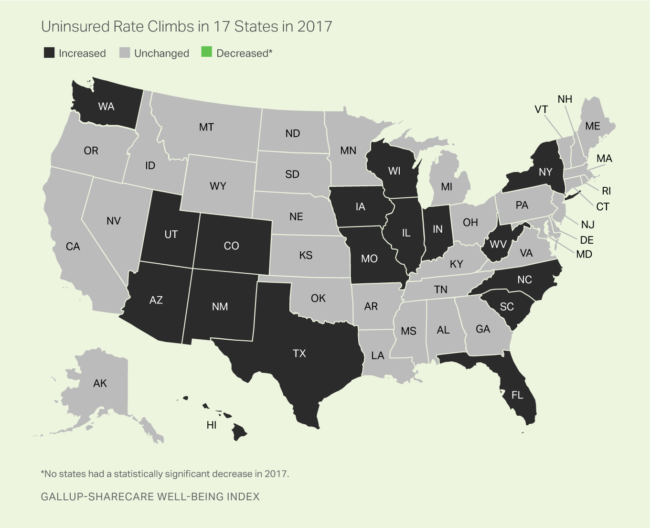
U.S. Senate
See Full Big Line
(D) J. Hickenlooper*
(R) Somebody
80%
20%

Governor
See Full Big Line
(D) Phil Weiser
(D) Joe Neguse
(D) Jena Griswold
60%
60%
40%↓

Att. General
See Full Big Line
(D) M. Dougherty
(D) Alexis King
(D) Brian Mason
40%
40%
30%

Sec. of State
See Full Big Line
(D) A. Gonzalez
(D) George Stern
(R) Sheri Davis
50%↑
40%
30%

State Treasurer
See Full Big Line
(D) Brianna Titone
(R) Kevin Grantham
(D) Jerry DiTullio
60%
30%
20%

CO-01 (Denver)
See Full Big Line
(D) Diana DeGette*
(R) Somebody
90%
2%

CO-02 (Boulder-ish)
See Full Big Line
(D) Joe Neguse*
(R) Somebody
90%
2%

CO-03 (West & Southern CO)
See Full Big Line
(R) Jeff Hurd*
(D) Somebody
80%
40%

CO-04 (Northeast-ish Colorado)
See Full Big Line
(R) Lauren Boebert*
(D) Somebody
90%
10%

CO-05 (Colorado Springs)
See Full Big Line
(R) Jeff Crank*
(D) Somebody
80%
20%

CO-06 (Aurora)
See Full Big Line
(D) Jason Crow*
(R) Somebody
90%
10%

CO-07 (Jefferson County)
See Full Big Line
(D) B. Pettersen*
(R) Somebody
90%
10%

CO-08 (Northern Colo.)
See Full Big Line
(R) Gabe Evans*
(D) Yadira Caraveo
(D) Joe Salazar
50%
40%
40%

State Senate Majority
See Full Big Line
DEMOCRATS
REPUBLICANS
80%
20%

State House Majority
See Full Big Line
DEMOCRATS
REPUBLICANS
95%
5%
 May 09, 2018 12:42 PM UTC
May 09, 2018 12:42 PM UTC 1 Comments
1 Comments

Costs of Exchange insurance will be starting to trickle out over the next few months. That will catch people's attention as they consider if they can continue to buy insurance.
Some parts of the country already have the initial requests going public — with increases of up to 90%.